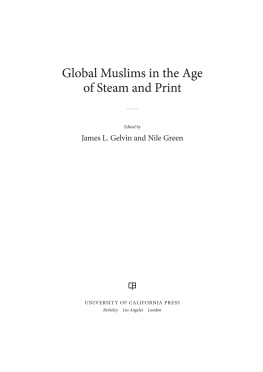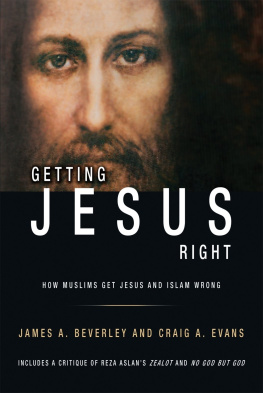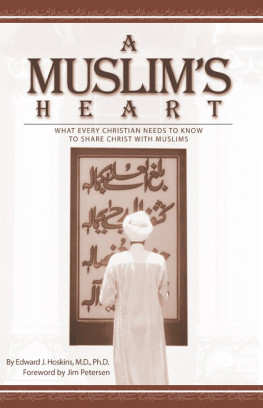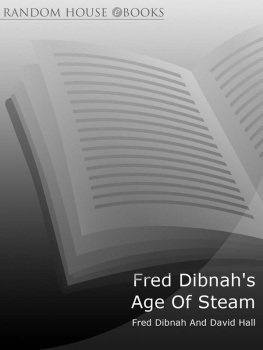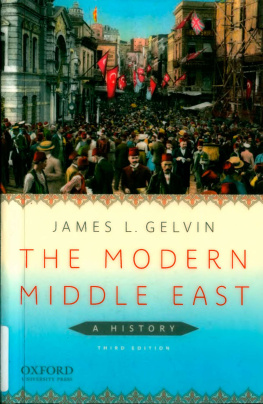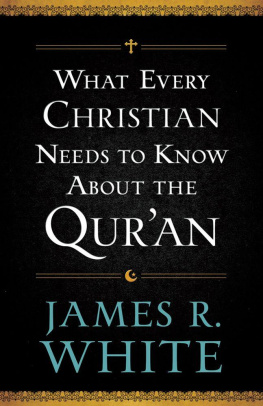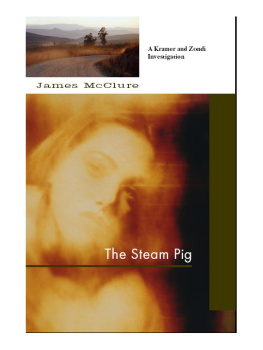Gelvin James L. - Global Muslims in the Age of Steam and Print
Here you can read online Gelvin James L. - Global Muslims in the Age of Steam and Print full text of the book (entire story) in english for free. Download pdf and epub, get meaning, cover and reviews about this ebook. publisher: University of California Press, genre: Politics. Description of the work, (preface) as well as reviews are available. Best literature library LitArk.com created for fans of good reading and offers a wide selection of genres:
Romance novel
Science fiction
Adventure
Detective
Science
History
Home and family
Prose
Art
Politics
Computer
Non-fiction
Religion
Business
Children
Humor
Choose a favorite category and find really read worthwhile books. Enjoy immersion in the world of imagination, feel the emotions of the characters or learn something new for yourself, make an fascinating discovery.
- Book:Global Muslims in the Age of Steam and Print
- Author:
- Publisher:University of California Press
- Genre:
- Rating:3 / 5
- Favourites:Add to favourites
- Your mark:
- 60
- 1
- 2
- 3
- 4
- 5
Global Muslims in the Age of Steam and Print: summary, description and annotation
We offer to read an annotation, description, summary or preface (depends on what the author of the book "Global Muslims in the Age of Steam and Print" wrote himself). If you haven't found the necessary information about the book — write in the comments, we will try to find it.
Global Muslims in the Age of Steam and Print — read online for free the complete book (whole text) full work
Below is the text of the book, divided by pages. System saving the place of the last page read, allows you to conveniently read the book "Global Muslims in the Age of Steam and Print" online for free, without having to search again every time where you left off. Put a bookmark, and you can go to the page where you finished reading at any time.
Font size:
Interval:
Bookmark:

Global Muslims in
the Age of Steam and Print
The publisher gratefully acknowledges the generous support of the Philip E. Lilienthal Asian Studies Endowment Fund of the University of California Press Foundation, which was established by a major gift from Sally Lilienthal.
Global Muslims in the Age
of Steam and Print
Edited by
James L. Gelvin and Nile Green

UNIVERSITY OF CALIFORNIA PRESS
BerkeleyLos AngelesLondon
University of California Press, one of the most distinguished university presses in the United States, enriches lives around the world by advancing scholarship in the humanities, social sciences, and natural sciences. Its activities are supported by the UC Press Foundation and by philanthropic contributions from individuals and institutions. For more information, visit www.ucpress.edu.
University of California Press
Berkeley and Los Angeles, California
University of California Press, Ltd.
London, England
2014 by The Regents of the University of California
Library of Congress Cataloging-in-Publication Data
Global Muslims in the age of steam and print / [edited by] James L. Gelvin, Nile Green.
pagescm
Includes bibliographical references and index.
ISBN 978-0-520-27501-0 (hardback)
ISBN 978-0-520-27502-7 (paper)
ISBN 978-0-520-95722-0 (ebook)
1. Islamic countriesHistory19th century.2. Islamic civilization19th century.3. TechnologyIslamic countriesHistory19th century.I. Gelvin, James L., 1951II. Green, Nile.
DS34.G462014
909.09767081dc232013031181
Manufactured in the United States of America
23 22 21 20 19 18 17 16 15 14
10 9 8 7 6 5 4 3 2 1
In keeping with a commitment to support environmentally responsible and sustainable printing practices, UC Press has printed this book on Natures Natural, a fiber that contains 30% post-consumer waste and meets the minimum requirements of ANSI/NISO Z 39.481992 ( R 1997) ( Permanence of Paper ).
CONTENTS
James L. Gelvin and Nile Green
Michael Laffan
Amal Ghazal
Scott S. Reese
Ilham Khuri-Makdisi
Eric Tagliacozzo
Robert Crews
Ann E. Lucas
Matthew S. Hopper
Ronit Ricci
Jeremy Prestholdt
Homayra Ziad
Zvi Ben-Dor Benite
ILLUSTRATIONS
MAPS
FIGURES
ACKNOWLEDGMENTS
Global Muslims in the Age of Steam and Print had its origins in the two-day conference Circuits and Networks: Muslim Interactions in the First Age of Globalization, held at the University of California, Los Angeles, on February 2526, 2009. Co-organized by James Gelvin and Nile Green, the conference was hosted by UCLAs G. E. von Grunebaum Center for Near Eastern Studies. The organizersnow editorsacknowledge the generous financial support of the Center for Near Eastern Studies, which made the conference possible, and thank in particular the centers director, Professor Susan Slyomovics. For help in organizing the conference, we also express our gratitude to the centers staff members, especially Amy Bruinooge, Hanna Petro, Mona Ramezani, and Megan Rancier. Among the various UCLA colleagues and graduate students with whom we have shared ideas related to this books themes, we give thanks to Ziad Abu-Rish, Ned Alpers, Sebouh Aslanian, Michael Morony, Gabriel Piterberg, Geoffrey Robinson, Michael Salman, Sarah Stein, Sanjay Subrahmanyam, and Bin Wong. At University of California Press, we are obliged to our commissioning editor, Niels Hooper, for his faith in and enthusiasm for the project, and to Kim Hogeland and Chalon Emmons, for overseeing the editorial process. Thanks also to copy editor Juliana Froggatt. Most of all, we are grateful to the speakers who traveled to the conference and who, in contributing to the final book, are allowing us to share with more people the rich and strange fruits of their research.
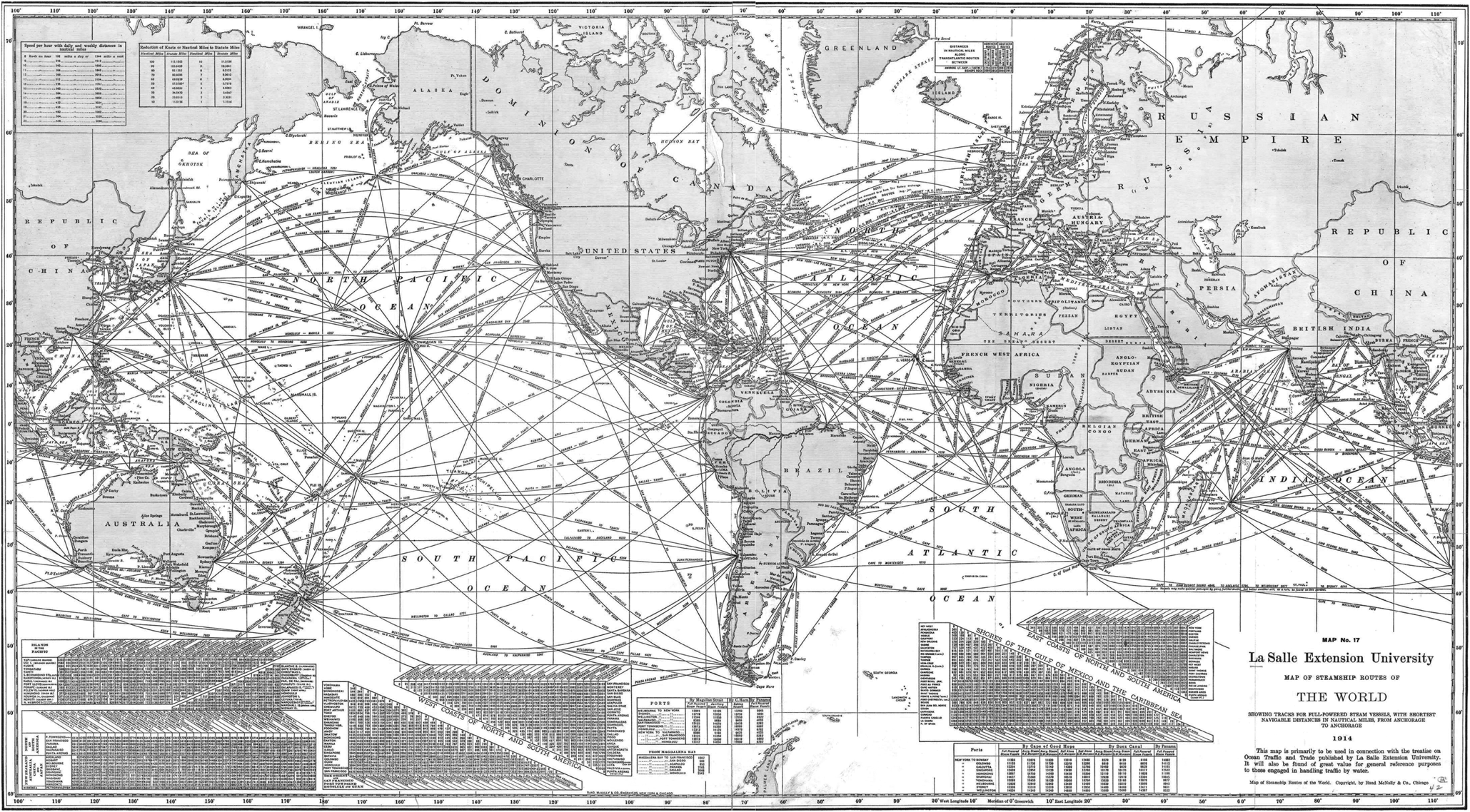
MAP 1. Global steamship routes.
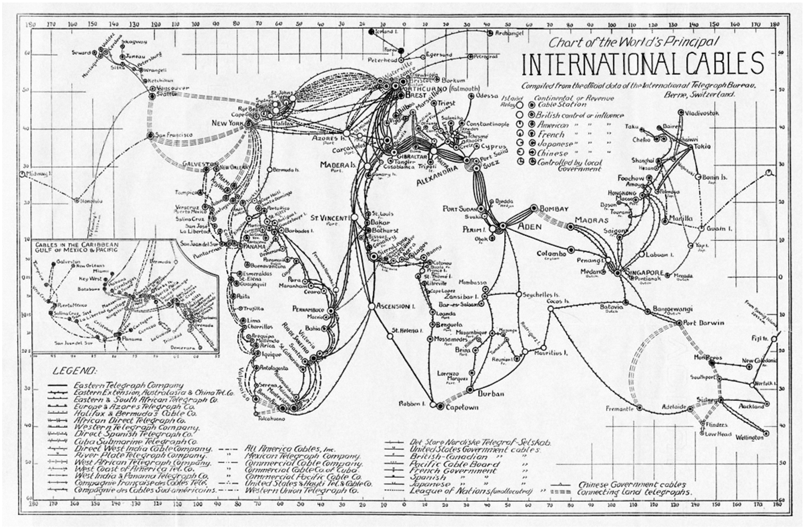
MAP 2. Global telegraph networks.
Introduction
Global Muslims in the Age of Steam and Print
James L. Gelvin and Nile Green
DEFINING GLOBAL PARAMETERS
At the end of the twentieth century, the term globalization entered both the social science lexicon and the popular imagination. While it has become a commonplace to say that we live in an era of globalization, there is little agreement on the exact parameters and processes that define this era. During much of the nineteenth and early twentieth centuries, the two most fundamentaland indeed, most globalof these enablers were the technologies of steam and print. Whether through quickening the production and distribution of commodities, facilitating mass migrations and private pilgrimages, or disseminating learned tracts and proletarian newspapers worldwide, these technologies were prime movers that set in motion further cycles of human interaction. By focusing on steam and print, we are better able to discern a specific phase of global history that is set apart from the more nebulous periods of modernity/early modernity on the one hand and unqualified globalization on the other.
In relation to what came before, what was distinctive about this period was the sheer scale of interaction that technology enabled, in terms of both the numbers of people moving across land and sea and the range of ethnic, religious, and language groups now able to print, publicize and exchange their ideas. Because the defining technologies emerged from European and American societies (albeit with precursors elsewhere), the notion of an Age of Steam and Print by necessity connects the history of Euro-American societies to that of other (in this case, Muslim) societies. If the Age of Steam and Print was therefore an intrinsically global age, for Muslims it was also an age of discovery and differentiation, creativity and crisis. Muslims discovered both other Muslim and non-Muslim societies, defined themselves in relation to these contacts, and synthesized new ideologies and rethought older doctrines. The Age of Steam and Print was the foundational sine qua non of the contemporary Islamic world.
When, though, did this age begin, and when did it end? In Islamic regions and elsewhere, the Age of Steam and Print can be dated from around 1850 to 1930. This period intersects with what is commonly referred to as the long nineteenth century, though the latter both begins and ends earlier. Since our study highlights the technological rather than the political or military, we focus on the mid-nineteenth century, when the global diffusion of enabling technologies began, through 1930, when automobile and air travel, along with telephonic and televisual/radio communications, ushered in a new (because more intensified) phase of globalization. Indeed, the phase of interaction that followed the Age of Steam and Printa period of decolonization, economic nationalism, ideological contestation, and Third World assertion that closed in the 1970swas not merely subsequent to that age but was both its apotheosis and its logical culmination.
The year 1850 also marked the beginning of the Second Industrial Revolution. In terms of steam, we are therefore dealing with the era of railroads and of oceanic rather than river steamship travel. And although print technology had been around since the days of Johannes Gutenberg, it is important to recognize the reinvention of printing that occurred during the industrial nineteenth century. As we shall see in more detail below, it was through the distribution of mass-produced iron Stanhope presses and the spread of lithographic (or, as the process was originally known, chemical) printingfirst introduced to the Islamic world in 1820 but not in widespread use until about 1850that the Islamic world came to feel the full effects of the Gutenberg (or even Stanhope) revolution. The Muslim story is therefore part of a larger, global history told from a non-Western perspective, albeit one that must recognize the transformative impact of Western technologies and the power they lent their controllers.
Font size:
Interval:
Bookmark:
Similar books «Global Muslims in the Age of Steam and Print»
Look at similar books to Global Muslims in the Age of Steam and Print. We have selected literature similar in name and meaning in the hope of providing readers with more options to find new, interesting, not yet read works.
Discussion, reviews of the book Global Muslims in the Age of Steam and Print and just readers' own opinions. Leave your comments, write what you think about the work, its meaning or the main characters. Specify what exactly you liked and what you didn't like, and why you think so.

